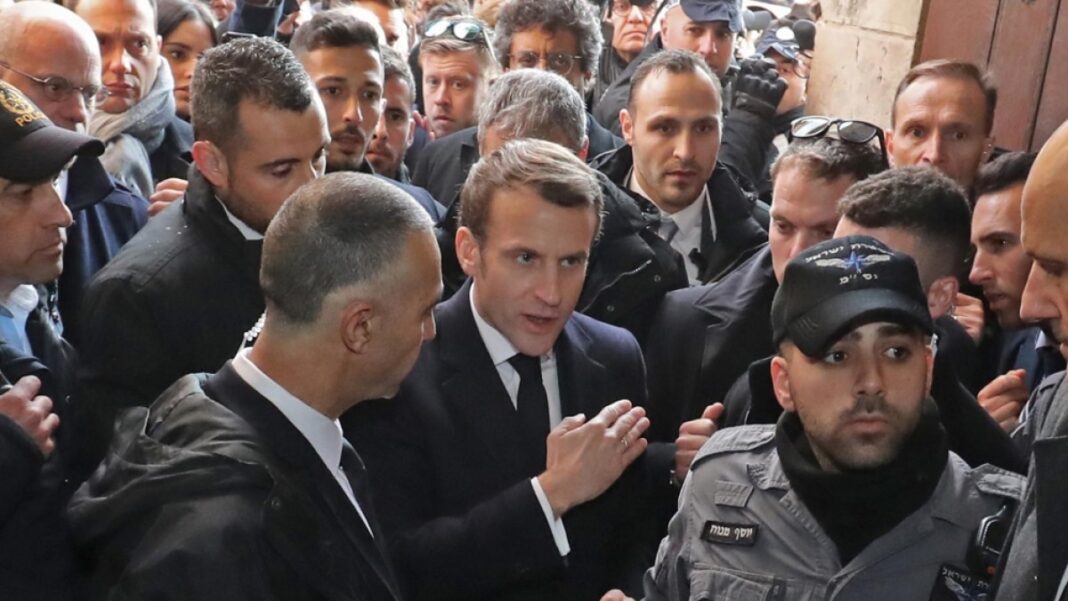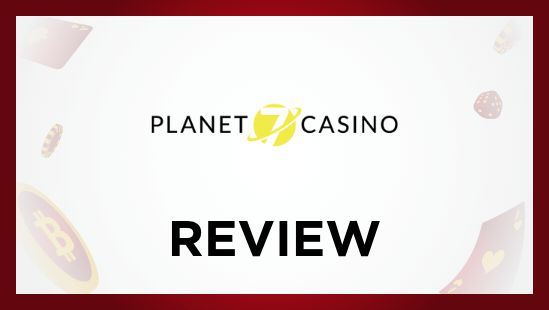On Wednesday, French President Emmanuel Macron announced that France is preparing to recognise Palestinian statehood within a few months. If it proceeds, Paris would become the 12th European Union member to officially accept the existence of the Palestinian state. Last year, Slovenia, Ireland and Spain did so, bringing the total number of EU states recognising Palestine to 11 out of 27.
The French recognition would be a significant step in the right direction, especially if it affirms Palestine’s 1967 borders and East Jerusalem as its capital, respecting international law provisions and the international consensus.
This could move other European countries to do the same, including Luxembourg and Portugal and could put significant pressure on others, notably the United Kingdom, Switzerland and Belgium.
However, France is at risk of turning its recognition of Palestine into another empty gesture to save face amid growing opposition among Europeans to the Israeli occupation of Palestine and the genocide in Gaza.
Under Macron, France has been far from meeting its legal and political obligations towards Palestine, turning a blind eye to Israel’s horrific crimes and violations. In this context, the French announcement can be seen as a diplomatic move that is too little, too late.
Until recently, Western powers largely conditioned the recognition of Palestine on the outcome of peace negotiations, which in reality meant giving Israel a veto right over Palestinian statehood. This is because Israel does not want negotiations to produce a solution – whether a two-state one along the 1967 borders or a one-state one in which Palestinians and Israelis have equal rights.
Israeli law opposes recognition of Palestine and the fulfilment of the Palestinian right to self-determination, but Western powers have continued to act as if this was not the case.
Israel was given this leverage over Palestine despite the fact that its own statehood was based on United Nations Resolution 181, which called for the creation of two states, and its membership in the UN was conditioned on the implementation of Resolutions 181 and 194 – the latter pertaining to the right of return for Palestinian refugees. Successive Israeli governments have systematically violated both resolutions as well as many others without facing any consequences from their Western allies.
Now that the Israeli government has finally made clear that its plan is ethnic cleansing and annexation of all of Palestine, some Western countries seem to be reconsidering their stance and are opting to recognise Palestinian statehood.
While recognition is important, it cannot be the only step a country such as France should take to implement the Palestinian right to self-determination. France is a former colonial power in the Middle East, a permanent member of the UN Security Council, a leading member of the EU, one of Israel’s most important trading partners and an important donor for Palestine.
As such, it has the moral and legal obligation to do more than that. Recognition on its own is not going to stop the ongoing ethnic cleansing and annexation. These processes continue unabated because countries like France fail to act and hold Israel accountable.
For example, France was one of the first European countries to grant de facto immunity to Israeli Prime Minister Benjamin Netanyahu after the International Criminal Court (ICC) issued an arrest warrant against him in November. Paris has opened its airspace on several occasions for Netanyahu to fly over on his way to the United States in violation of its obligations under the Rome Statute, the treaty that established the ICC.
Despite growing calls for an arms embargo on Israel, France has continued to sell weapons to the Israeli army during the ongoing genocide. French citizens face no repercussions for engaging in settler-colonialism in the occupied West Bank or serving in the Israeli occupation forces, which have been repeatedly accused of committing horrific war crimes.
Likewise, France continues to tolerate the fundraising for illegal Israeli settlements while several French companies have contributed to the ongoing annexation process of occupied Palestinian territory.
France has been granted a special role in Jerusalem with regards to protecting the status quo benefits of Christian denominations. However, it has hardly taken any concrete measures to stop ongoing Israeli attempts to impose illegal taxes on churches and take over church property.
If France is truly interested in being a broker of peace in the Middle East, it needs to do more than just recognising Palestinian statehood. It must act in accordance with its obligations under the UN Charter and the Rome Statute. It must put real pressure on Israel to end its occupation and colonisation of Palestinian land and take action against French citizens and companies involved in them. It must reverse its decision to grant immunity to Israeli officials wanted by the ICC.
At the EU level, France must join Spain and Ireland in demanding a review of the EU-Israel Association Agreement in light of Israel’s flagrant violation of Article 2, which stipulates that relations should be based on respect for human rights.
It goes without saying that the Israeli government opposes any recognition of Palestine and will make use of its available tools to prevent it. It could apply pressure by mobilising domestic opposition, coordinating with close Israeli allies, such as the United States, and taking action against diplomats based in Jerusalem – among other tactics.
This will force France to face its moment of truth: Is it willing to stand up for its principles, or will it succumb to Israeli blackmail? Will it lead the way in Europe on respecting international obligations, or will it let its recognition of Palestine remain an empty gesture?
At a time when US President Donald Trump’s administration endorses ethnic cleansing as an official policy and the EU is at its lowest political point with regards to Palestine, France has the opportunity to make a difference. It can join other EU members, like Spain and Ireland, which along with the Global South are pushing for a rules-based international order where Palestine is no longer the exception to the norm. It can live up to its own motto of “liberté, égalité, fraternité” by supporting the Palestinian people’s pursuit of liberty, equality and fraternity.
The views expressed in this article are the author’s own and do not necessarily reflect Al Jazeera’s editorial stance.


